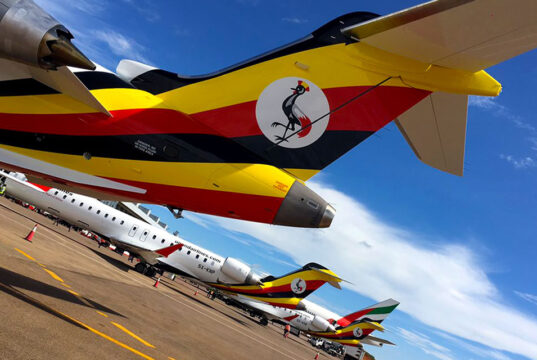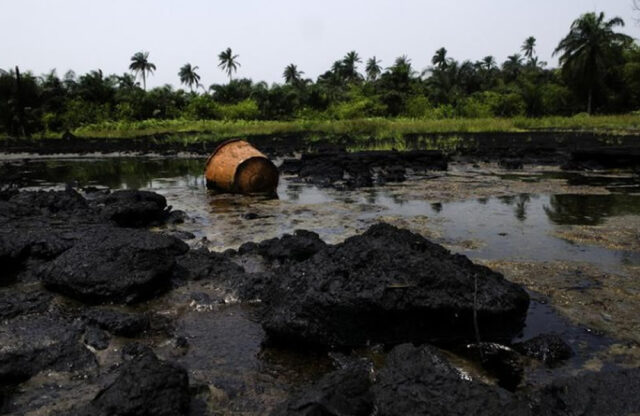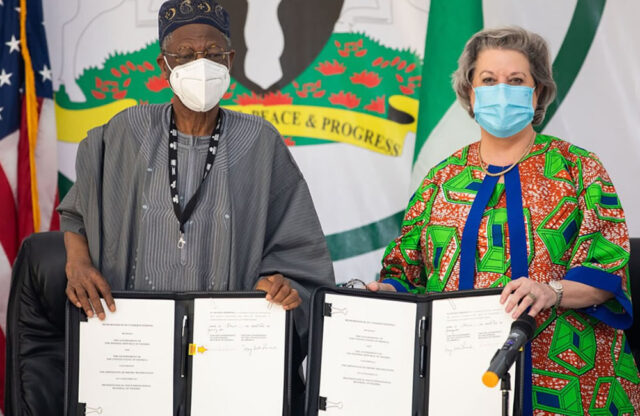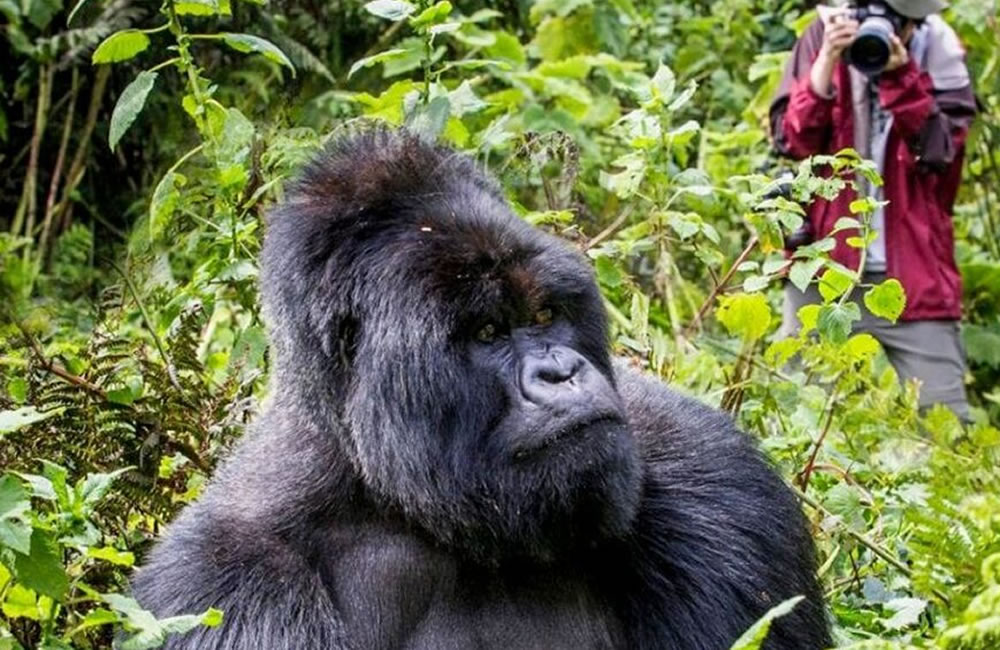Workplace Stress, A Silent Disease affecting workers
The World Health Organization(W.H.O), workplace stress is a pattern of psychological, cognitive, and behavioral reactions to some extremely taxing aspects of work on content, work organization, and work environment.
Mental health encompasses the individual’s capacity to cope with internal and external needs such as roles within the employment. Mental illness and in particular Common Mental Disorders (CMD) such as depression and anxiety are among the most causes of occupational disability. Stress in the workplace may have a pervasive effect on employees leading to exhaustion, anxiety, and depression, and even substance abuse and it contributes to high levels of absenteeism in the workplace.
“According to Capt. Steven Pflanz, USAF MC in his article Psychiatric illness and the Workplace, each year, 15% of every workforce will experience at least one episode of psychosocial disability and an additional 10% will suffer from problems related to alcoholism. Stress claims represent 15% of all occupational disease claims and that stress-related occupational disease claims are increasing rapidly at the same time that all other disability work injuries are increasing. Psychological injury is a cognitive or emotional symptom that impacts on a person’s life affecting how they feel, think and behave”.
Different stressors have contributed to affecting the mental health of many workers. These stressors may include:
Job insecurity as a result of threats from organizational restructures, mergers, and redundancies may take a toll on employees emotionally and physically. Studies have shown that chronic job insecurity is a stronger predictor of poor health than smoking or hypertension because of stress.
Work overload due to high targets set by companies causes a lot of staff to stress about their individual performance. This increases anxiety and can lead to depression, loss of happiness, and sadness.
The major and common cause of stress at work is bullying and harassment at work which can be physical or psychological. This can take the form of hurtful comments, exclusion, sexual harassment, playing mind games, giving you pointless tasks, initiations, threats, pushing, shoving, and tripping. Bullying can cause psychological injuries and make people stressed, anxious, and depressed, read-going to work, lack confidence, and not finding any happiness at their work.
Shift work can be taken as a cause. After-hours work is recognized as a range of health issues from cancer to fatigue. The psychological impact of shift work has been the focus of studies in more recent years and findings show the psychological harm can be just as bad as the physical health effects. Disruptions to shift workers’ circadian rhythm result in higher levels of stress and dissatisfaction. The major effect of shift work is that its stress can be increased by the pressure of missing family responsibilities and missing out on social events.
The last and the most interesting cause of stress at work is dealing with difficult customers. Yes, your customers also lead to stress. Employees who have to deal with difficult customers can feel stressed even when the situation has been resolved and the angry customer has left. A worker’s ongoing reaction to the incident can be far from damaging than the incident itself. Workers can feel fear and stress because they were not able to fix the problem and could not calm the customer thus they keep worrying about how they will handle the next situation. Now next time you enter any workplace as a customer, mind about how you handle the employees there because your attitude may have a greater impact on their mental health.
Other factors that would cause workplace stress may be the environmental factors that influence the health of workers include the political environment, policies that govern the labor market, access to basic services including health services, and stability of social family networks.
The effects of workplace stress can go far-reaching not only to the individual but to his/her family and the country at large as it damages the economy. For example, the cost of working days lost in the European Union due to stress-related illness is estimated to be on average 3-4% of GDP. Estimates are that in the United Kingdom stress in the workplace causes a loss of 6.5 million working days a year.
Another effect of workplace stress is presenteeism. This refers to the situation in which the employee attends work but is unable to work at their full capacity as a result of their illness; the impact of this issue has become of increasing concern to the employers. Presenteeism may be of particular relevance to people with Common Mental Disorders as they may be likely to report mental illness as a reason for missing work. Depressive orders were found to have a significant effect on work performance. Presenteeism costs 1.8 times that of absenteeism at the workplace.
Conclusively, workplace stress can be prevented. The Occupational Safety and Health Act 2006 laws of Uganda oblige the employer to provide a safe and healthy working environment to the workers. This also entails providing alternative work if the one available to that employee is harmful to his or her health. Also minimizing work-related stressors and promoting good mental health through workplace policies can help prevent mental problems from developing. Lastly, investment in creating a positive workplace culture can be viewed as an investment in social capital, which is a resource that all individuals can access.







